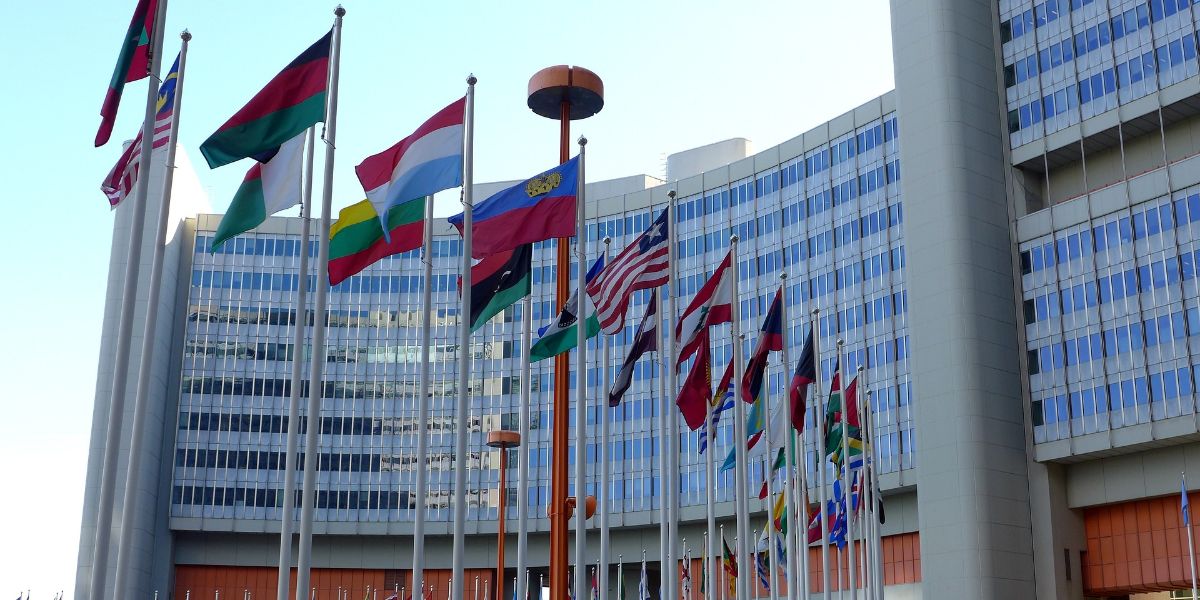The UN Subcommittee on Transfer Pricing published an advanced unedited version of the guidance Interstitial Guidance on Transfer Pricing of Carbon Offsets and Carbon Credits on 28 August 2024.
The draft is an updated version of a document previously published and approved by the UN Tax Committee in October 2023.
It references several previously published UN materials concerning transfer pricing and carbon taxation. These include the UN Practical Manual on Transfer Pricing for Developing Countries and guidance on the relationship between carbon taxes and carbon offset programmes.
This interstitial guidance from the UN Tax Committee elaborates on the value chain of carbon emission abatement activities that generate carbon credits or carbon offsets to consider how transfer pricing rules apply to the generation, transfer, and sale of carbon credits. In addition, this guidance provides insights into the value chain that leads to carbon offsets and carbon credits to consider relevant transfer pricing aspects.
Doing so will aid in delineating the actual transactions between associated enterprises. Accurate delineation of the actual transactions requires analysis of the economically relevant characteristics of the transaction which consist of the conditions and the economically relevant circumstances of the transaction.
The application of the arm’s length principle depends on determining conditions that independent parties would have agreed on in comparable transactions in comparable circumstances.
This interstitial guidance aims to provide some insights into:
- Different ways in which carbon credits may be generated;
- The (still evolving) regulatory system that allows for the creation, use, and trade of these credits (including mention of the monitoring, reporting, and verification systems material for the functioning of the relevant systems) may serve to better understand what steps and actions are required to comply; and
- The (intercompany) transfer of carbon credits.
Carbon offsets and credits are one of six transfer pricing topics that the Subcommittee oversees, as mandated by the United Nations Committee of Experts on International Cooperation in Tax Matters.
As per the draft, a carbon credit is a tradable, intangible instrument representing a unit of carbon dioxide equivalent (typically one ton that is reduced, avoided, or sequestered by a project) and is certified/verified in line with an internationally recognised carbon accounting standard.
Carbon credits have become in demand and play an essential role in cutting annual Greenhouse gas (GHG) emissions. With the pressure on emission reduction increasing, the generation and trading of carbon credits for purposes of establishing offsets is 19, becoming a major business with its unique value chain. Many carbon credit transactions involve projects in Asia, Latin America, and Africa.













